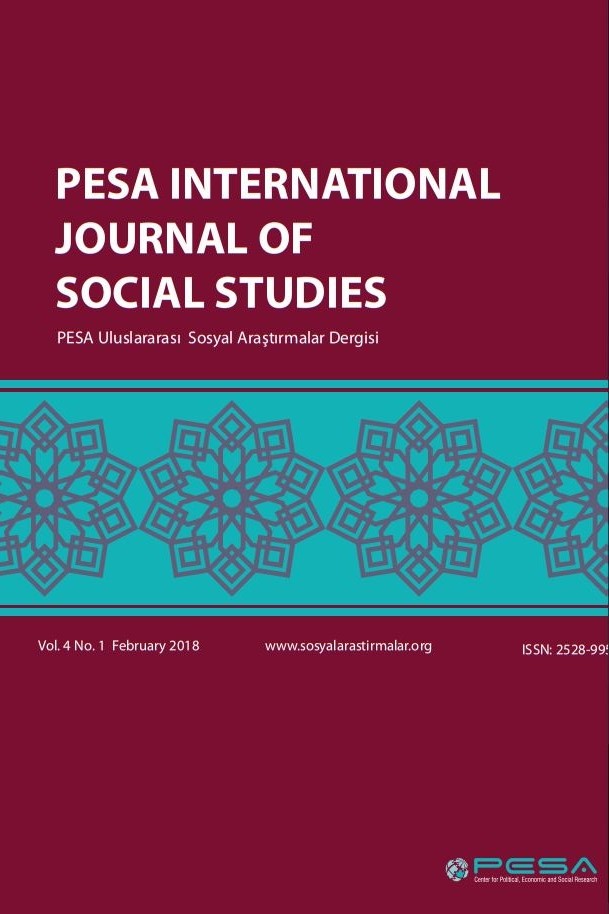Women’s Property Rights in Medieval Albania: Canons vs. City Statutes
In medieval times, social relations between Albanian peoples were mainly regulated by customary law and bz city statutes. Albanian customary law represents an unwritten set of rules which were established ad hoc by courts of elders or assemblies. The implementation of these norms was provided by the force of tradition, social consciousness and the patriarchal authority of the peoples’s self-government bodies. Rates of Albanian customary law are summarized in canons such as: the Canon of Lek Dukagjini, the Canon of Laberia, the Canon of Scanderbeg and the Canon of Luma. Women, according to these ancient rules, are considered to be of a lower social status: they do not share either the rights and privileges or the responsibilities of men. Albanian customary law at any time has coexisted with state legislation. During the second half of the 14th century, many Albanian cities gain their autonomy from the Byzantine Empire and convert into free civic communes. Many cities draft their own statute-constitutions, which govern the cities social and economic life. Among these, the most important and the only one that has survived through the ages is the Statute of Shkodra (Statuta Scodrae), which is located at the Venetian library af the Correr Museum. This paper aims to compare the level of property rights enjoyed by women under customary law and city statutes.
Anahtar Kelimeler:
City Statutes, Customary Law, Women’s Property Rights, Miraz, Selem
___
- Article 1354-1359 of Canon of Scanderbeg 32 Aleks Luarasi, “Studime per te Drejten Zakonore Shqiptare”, Luarasi University Press, Tirane, 2007, p.179- 181 33 Chapter 117 of Statutes of Shkodra 34 Chapter 265 of Statutes of Shkodra 35 Chapter 266 of Statutes of Shkodra 36 Chapter 196 of Statutes of Shkodra 37 Lucia Nadin, Lucia Nadin, “Statutet e Shkodres ne Gjysmen e Pare te Shekullit XIV me shtesat deri me 1469”, Onufri, Tirane, 2010, p.333-374)
- ISSN: 2528-9950
- Yayın Aralığı: Yılda 3 Sayı
- Başlangıç: 2015
- Yayıncı: Politik Ekonomik ve Sosyal Araştırmalar Merkezi
Sayıdaki Diğer Makaleler
Siyaset Bilimi ve Kamu Yönetimi Öğrencilerinin Çevresel Tutumlarına Yönelik Bir Araştırma
Women’s Property Rights in Medieval Albania: Canons vs. City Statutes
Yerel Ulaşım Hizmetlerinde Hizmet Kalite Boyutlarının Değerlendirilmesi
Çiğdem ALİÇAVUŞOĞLU, Ahmet GÜRBÜZ
Türkiye’de Modernite Bağlamında Kent(li)leşme
Mesleki Açık Öğretim Lisesi (MAÖL) Öğrencilerinin Mesleki Eğitime Yönelik Görüşleri
Zeynep DEMİRTAŞ, Ömer Faruk TUTKUN, Arzu ARSLAN
Bir Sosyal Politika Aracı Olarak Suriyeli Yetim Yaşam Merkezleri: Hatay İli Örneği
Çocuklara Mahsus Gazete’de Çıkan İlk Çocuk Oyunu ve Değerler Eğitimi
Living at the Margins of Poverty: The Begging Poor in the Ottoman Empire (1550-1750)
